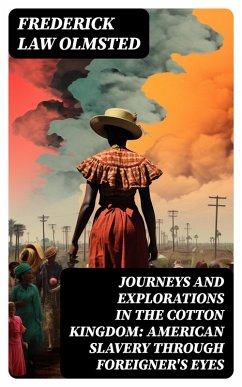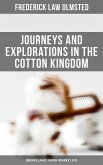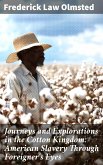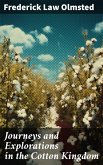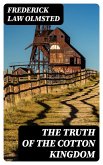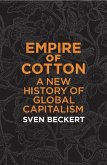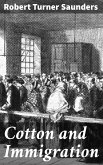In "Journeys and Explorations in the Cotton Kingdom: American Slavery Through Foreigner's Eyes," Frederick Law Olmsted presents a profound exploration of the antebellum South, illuminating the complex social and economic landscapes shaped by slavery. Using a combination of personal narrative, meticulous observation, and vivid descriptions, Olmsted captures the multifaceted realities of a society deeply entwined with cotton production and the institution of slavery. His literary approach is grounded in realism, offering readers insights into the lived experiences of enslaved individuals and the moral dilemmas faced by their enslavers, all while critiquing the prevailing romanticized views of Southern life in his time. Frederick Law Olmsted, a pivotal figure in American landscape architecture, was also an astute observer and critic of societal issues. His travels through the South, fueled by a blend of personal curiosity and socio-political concern, provided a rich backdrop for his writings on slavery. Olmsted's firsthand experiences as a northern visitor allowed him to juxtapose the idyllic visions of Southern culture with the stark realities of oppression and inequality. This book is essential reading for anyone seeking to understand the intricacies of American slavery and its societal implications from an outsider's perspective. Olmsted's incisive commentary, combined with his eye for detail, makes this work a necessary addition to discussions on race, economics, and ethics in American history.
Dieser Download kann aus rechtlichen Gründen nur mit Rechnungsadresse in A, B, BG, CY, CZ, D, DK, EW, E, FIN, F, GR, H, IRL, I, LT, L, LR, M, NL, PL, P, R, S, SLO, SK ausgeliefert werden.

